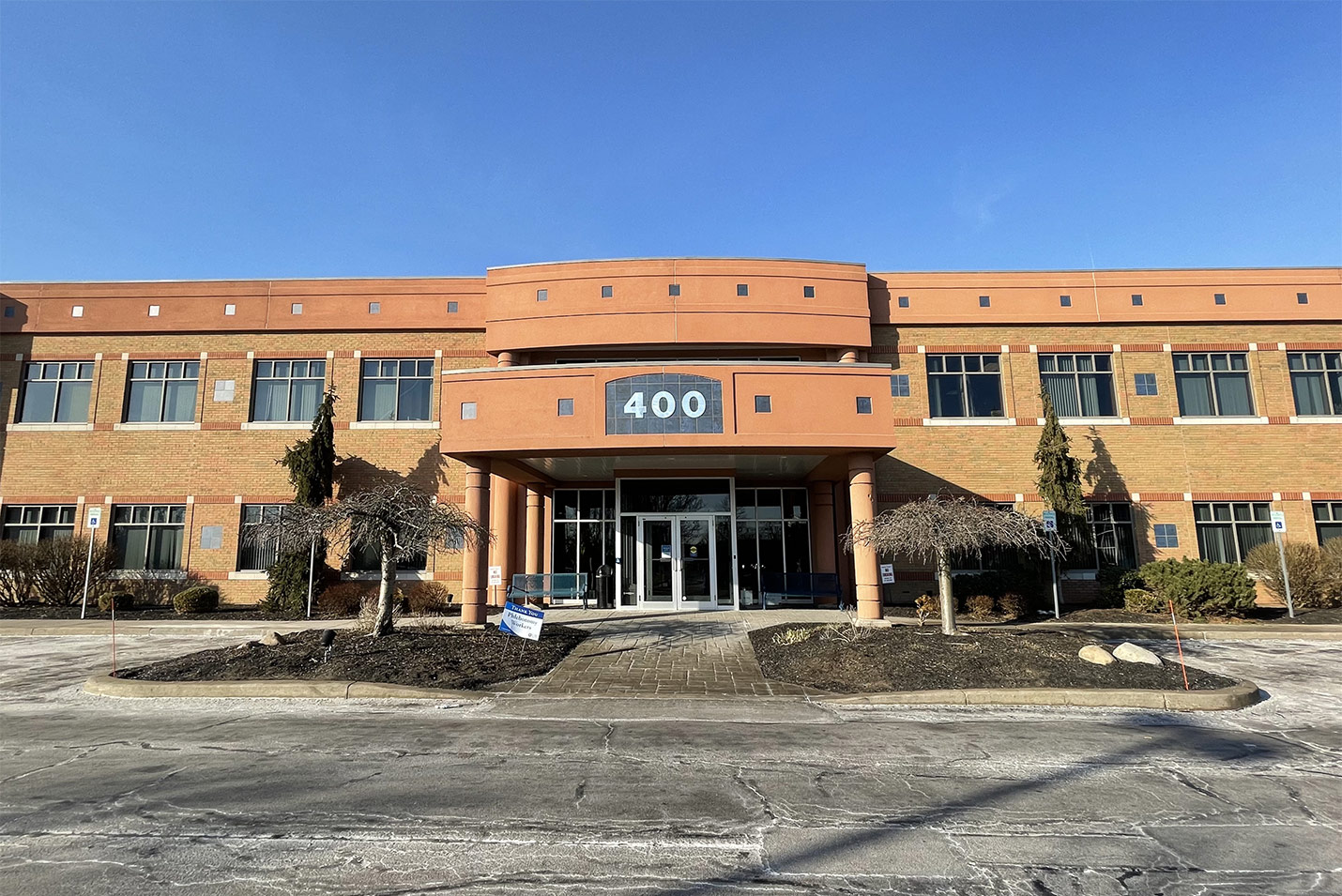Psoriasis
Make Appointments & Get Care
What is Psoriasis?
In psoriasis, skin cells go through their life cycle in days rather than the normal period of weeks. This causes patches of red, itchy skin to appear. The plaques itch and can be painful. The condition most often occurs on the scalp, elbows, knees, and lower back.
Psoriasis can affect people in many different ways: From outbreaks on the skin and the joint pain of psoriatic arthritis, to stress and depression. The condition is chronic, but many new approaches have been identified that are helping to treat psoriasis more effectively.
About one-third of patients with psoriasis also experience psoriatic arthritis, a condition of the joints that can be extremely painful. This disease can cause severe pain and disability. One of the greatest problems is that psoriatic arthritis is often misdiagnosed, or diagnosed late.
Researchers don’t yet know what causes psoriasis. It may be caused by a mix of immune, genetic, and environmental factors. It is not contagious. It can’t spread to someone else who touches it. But it can be inherited.
You are more at risk for the condition if you have a brother, sister, or parent with psoriasis. Psoriasis can start at any age. It is most common between ages 30 and 39 and ages 50 and 69. Other things that put you at risk include:
- Smoking
- Obesity
- HIV or strep infections
- Certain medicines, such as those for high blood pressure (beta blockers), bipolar disorder (lithium), and medicines for malaria
- Heavy alcohol use
- Stress
UR Medicine's Treatments for Psoriasis
Many treatment options are available, depending on your particular condition.
- Topical treatments are applied directly to your skin. These are typically used in mild to moderate cases of psoriasis. Topicals can help soothe and moisturize skin, reduce inflammation and slow the production of excess skin cells associated with psoriasis.
- Phototherapy exposes the skin to ultraviolet light, which helps clear up skin.
- Systemic agents are medications taken orally or by injection. They are used to treat more severe cases of psoriasis, or when topicals and phototherapy have not proven effective. Blood tests are used to monitor for side effects, which can be severe.
- Biologic agents inhibit a specific molecule such as tumor necrosis factor (TNF), of a specific cell type, such as B or T cells.
- Nutrition can often be an important factor in treating psoriasis. But what works for one person may not work for another. We can help identify the approach that provides the best results for you.
Psoriatic Arthritis Treatments
Treatments can help relieve joint pain and swelling:
- Nonsteroidal anti-inflammatory drugs, or NSAIDs, include both over-the-counter medications as well as prescription drugs. These work by controlling inflammation to decrease the joint pain and stiffness caused by psoriatic arthritis.
- Intra-articular steroids are injected into the joint space or tendon.
- Physical therapy can aid in relieving pain and swelling while helping to maximize joint mobility.
- Systemic agents are taken orally or injected. They are used in more severe cases of psoriatic arthritis. As with systemic agents used in the treatment of psoriasis, ongoing blood tests are needed to help identify and avoid side effects.
- Biologic agents are genetically engineered to target a very specific part of the immune system. Since they don't affect the entire immune system, biologic agents may not have as many side effects.
What Sets Us Apart?
The Psoriasis Center is one of the few centers in the country dedicated entirely to the treatment of psoriasis, psoriatic arthritis, and related conditions. We’re helping many patients find relief after years of suffering and frustration.
The many facets of this disease are what make a multidisciplinary approach so important. We bring a team of specialists together to evaluate your condition and provide the best possible care.
Our Psoriasis Center has a core team that consists of a dermatologist, rheumatologist, psychiatrist, and nutritionist. Depending on your situation, we bring one or all of these specialists together to evaluate you and recommend the best course of treatment.
In less coordinated approaches, treatments that might be recommended by different doctors—a dermatologist treating psoriasis and a rheumatologist treating psoriatic arthritis, for example—might work against each other. By having doctors who sit down together and talk with you, we avoid such problems.
Locations
View All LocationsWe serve you in the Rochester metropolitan area and surrounding region.
View All Locations5 locations
College Town
40 Celebration Drive
Rochester, NY 14620
Red Creek (Calkins Corporate Park)
400 Red Creek Drive, Suite 200
Rochester, NY 14623
Multispecialty Suite at Strong West
156 West Avenue, 3rd Floor
Brockport, NY 14420
Red Creek (Calkins Corporate Park)
400 Red Creek Drive, Suite 200
Rochester, NY 14623


